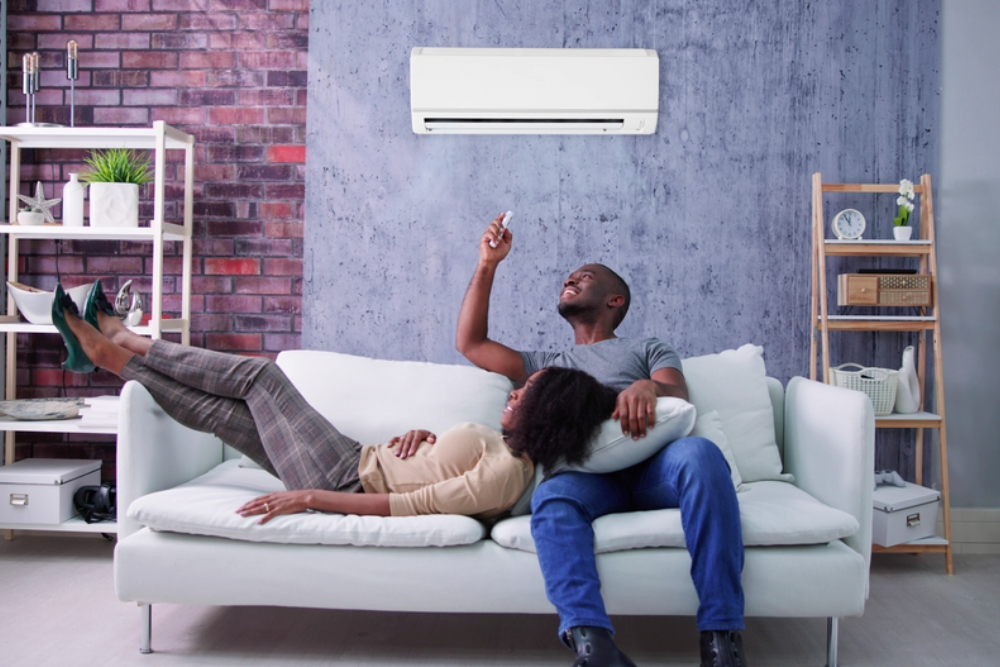As summer temperatures soar, a common response might be to crank up the air conditioning. However, Alabama Power advises against this, recommending adherence to the 20-degree rule for setting thermostats. This rule suggests setting your air conditioner no more than 20 degrees below the outdoor temperature. For example, if it’s 100 degrees outside, the thermostat should be set to 80 degrees.
This guideline is not just about comfort but also about efficiency and cost-effectiveness. Air conditioning systems are generally designed to handle only a 20-degree difference between indoor and outdoor temperatures. Setting the temperature lower forces the unit to work harder, which can lead to excessive energy consumption and higher electric bills.
The importance of the 20-degree rule
Anthony Cook, a representative for the company, explains that this practice helps to avoid unnecessary strain on your air conditioning system and your wallet. By following this rule, you can keep your home comfortably cool without breaking the bank during summer.
Remember, while it’s tempting to lower the thermostat further, doing so can lead to continuous operation of your AC unit without significant additional cooling benefits. This wastes energy and money, especially during peak summer months when electricity demand and prices are higher.
Staying informed about how your air conditioning works and the best practices for its use can lead to more sustainable living and significant savings during the hot summer months.














